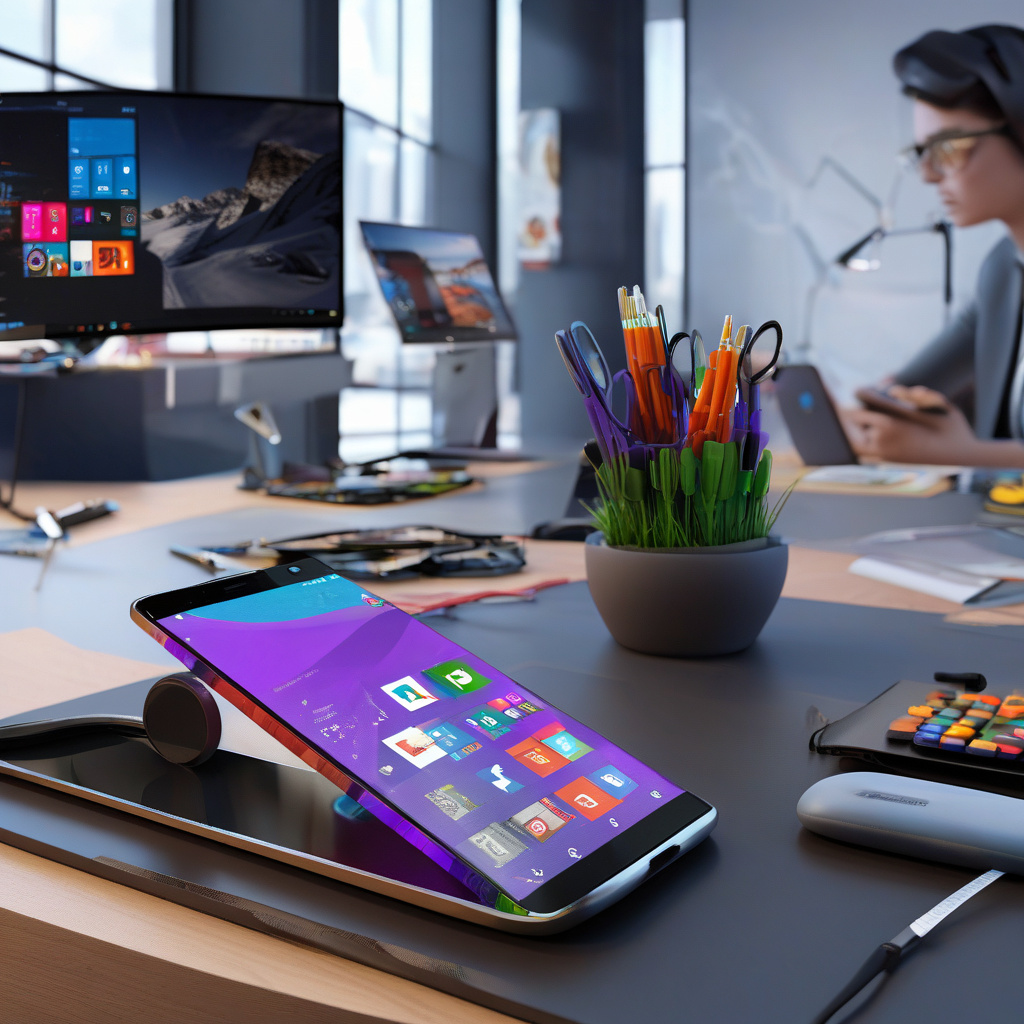In a world where technology constantly evolves, the resurgence of a Microsoft Windows Phone seems not only plausible but almost inevitable. Microsoft’s deep dive into Artificial Intelligence (AI) with Copilot hints at a potential comeback in the mobile market. The advent of Agentic AI by 2030 could pave the way for a revolutionary Windows OS that redefines user-device interactions.
A pivotal factor in the previous demise of Windows Phone was its app infrastructure. Developers found it arduous to port apps to the platform, leading to a lack of essential applications. However, with the evolving mobile landscape and the growing role of AI agents, the need for a multitude of apps might diminish. AI-powered assistants could streamline tasks, reducing the dependency on traditional mobile applications.
Imagine a future Windows Phone where AI takes center stage, handling tasks like email prioritization and providing contextual assistance. Such a device would mark a departure from the conventional app-centric approach, emphasizing seamless AI interactions. Microsoft’s emphasis on AI architecture sets the stage for a potential mobile renaissance, positioning the Windows Phone as a sophisticated pocket computer tailored for AI-driven experiences.
While the specifics of a new Windows Phone remain speculative, its reliance on advanced AI capabilities for voice interactions and task management seems inevitable. Microsoft’s strategic focus on AI suggests a shift towards a more intuitive and efficient mobile experience. As technology continues to advance, the prospect of a reimagined Windows Phone powered by AI appears increasingly promising.
Although the future of a Microsoft Windows Phone is uncertain, the trajectory towards AI integration in mobile devices is unmistakable. As we await further developments, the current landscape still favors iOS and Android devices. For now, explore the latest options in the market to find the perfect fit for your needs.

